Business music licensing is a complicated and often confusing topic, especially for small business owners. In this post we will look into how you can legally play music in your place of business.
Hi, I’m Mik, a music composer, and in this post I will give you a quick overview of business music licensing rules, as well as some practical advice about how you can safely play music in your store, shop, office, or any other business place.
Why we use music in business places
Many business owners like to play music to entertain their patrons and to set the mood.
Typical examples include:
1. Background ambiance in a cafe or restaurant to set the mood.
2. Background music in a waiting room to entertain the clients.
3. Upbeat music at a meeting or event to pump up and motivate the attendees.
4. On hold music for the business phone line.
5. Energetic music during workout / fitness class (including virtual classes).
6. Relaxing music at a spa, during yoga session or massage to help your clients relax.
7. Modern music in a store to create hip, shopping friendly atmosphere.
… and many more.
Can I play copyrighted commercial music in my business place?
The short answer is no. Generally speaking you can’t use any copyrighted material, including music without the explicit permission from the owner.
The longer answer is: it depends on your specific situation, as copyright law provides some exceptions. I’ll explain below.
While playing music in shops, cafes, and spas is very common, many business owners do not realize that they may need a special license to play music in public.
Even if you have paid membership with a streaming service, like Spotify or Apple Music, even if you purchased all the music legally, playing music in your place of business still may be not legal without the license.
The reason for this is that any music you purchase or stream from a music store is copyrighted and owned by someone. When you sign up for a streaming service or purchase MP3 downloads, you do not become the owner of the music. Instead, you are given a license to enjoy that music as a consumer, for your own personal pleasure.
However, when music is played in a commercial space, it is not for your personal pleasure anymore.
It is there for commercial purpose, to help your business achieve certain goals, and presumably to make more money. That’s why, the copyright law says that the music owners should be compensated if their music helps to propel your business.
According to a survey done by a newspaper in Canada, 80% of small business owners broadcast music illegally or consider the music licensing fees too high for their business.
Frankly, I don’t blame them.
There’s just a lot of confusion when it comes to licensing music for any commercial use.
A word of caution if you think you can just ignore the law. The penalties for violating music licensing laws are steep, much higher than the cost of the license. The fines may range from $750 to $150,000 per infraction.
Here’s what you need to know about business music licensing:
Business music licensing requirements
In this section, I’ll specifically talk about playing music in your place of business, which is commonly referred to as public performance.
I am not talking bout using music in promo videos on YouTube or in your next TV commercial, for example. If you’re looking for music to use in promotional and marketing videos and ads, here is collection of great music for promotional commercial videos.
What is a public performance of music?
According to the U.S. copyright law, a public performance is “music performed in a place open to the public or at any place where a substantial number of persons outside of a normal circle of a family and its social acquaintances is gathered”. Copyright laws of other countries may differ but typically have similar definitions.
Some common examples of public performance include: live concert, background music at a cafe, restaurant, club, lobby or lounge, music on hold, TV or radio broadcast, playing music during an event, and more.
If you want to broadcast music to your clients you will need the public performance license from a performance rights organization (PRO) in your country.
What are performance rights organizations?
Performance rights organizations act as a clearinghouse between the publishers and those who want to perform their music in public. PROs collect licensing fees for public performances of music and distribute the proceeds to their affiliated songwriters and publishers.
The major PROs in the United States include: ASCAP, SESAC, and BMI. You can find their contact information near the end of the post.
Do i always need a license to play background music in my business?
At this point you probably think that using commercial music in a shop or a business is way out of your reach.
Fortunately, copyright law provides some exceptions that can help a small business owner:
1. The music is played quietly in an area designated exclusively for the employees.
2. The music is only played through a small radio or television (like those people use at home) and the broadcaster determines which music is played, not the business owner.
3. The business is below 3,750 sq. feet (for restaurants) and below 2,000 sq. feet for any other type of business.
4. You don’t charge any admission fees to let people enter your establishment.
Source: When Should a Small Business Pay ASCAP or BMI? by The Palo Alto Legal Bar Association
Legal disclaimer: Please do NOT consider this legal advise. Make sure to consult a qualified legal professional in your country to make sure your business qualifies for any exemptions.
What music can I play without a license?
There are two broad categories of music that can be performed without the need of a license from the PROs:
1. Music that isn’t under copyright. That includes public domain music and music available under CC0 (No rights reserved) license.
2. Music created by musicians and composers not affiliated with any PRO.
TunePocket offers a large collection of royalty free music for commercial use created by non affiliated composers, so you don’t need the performance license!
You can use that music in as background music in business places without the need to purchase the license from the performance rights society.
Related
The same rules apply to on-hold music, music played at Zoom meetings and presentations, and music used for workout, spa, and massage sessions.
Music Licensing For Virtual Events: All You Need To Know
Music For Virtual Zoom Meetings
On Hold Music: How to Choose, License, And Format It For Your Phone System
Takeaway
According to the copyright law, the right to perform musical recordings belongs exclusively to the copyright holders.
When you play music at your place of business, you may be infringing on that right.
In order to legally play music in your business, you need a special public performance license from the performance right society or you can use royalty free non-PRO music created by non affiliated composers.
Main performance rights organizations around the world
BROADCAST MUSIC INC. (BMI)
800.925.8451
www.bmi.com
SESAC
800.826.9996
www.sesac.com
AMERICAN SOCIETY OF COMPOSERS, AUTHORS AND PUBLISHERS (ASCAP)
800.505.4052
www.ascap.com
SOCAN
866.944.6223
www.socan.com
PRS
www.prsformusic.com
See the complete list of PROs here: Performance Rights Organizations
Have a question or comment?
Download 12,000+ Royalty Free Music Tracks And Sound FX
Unlimited download | Lifetime license | Commercial use

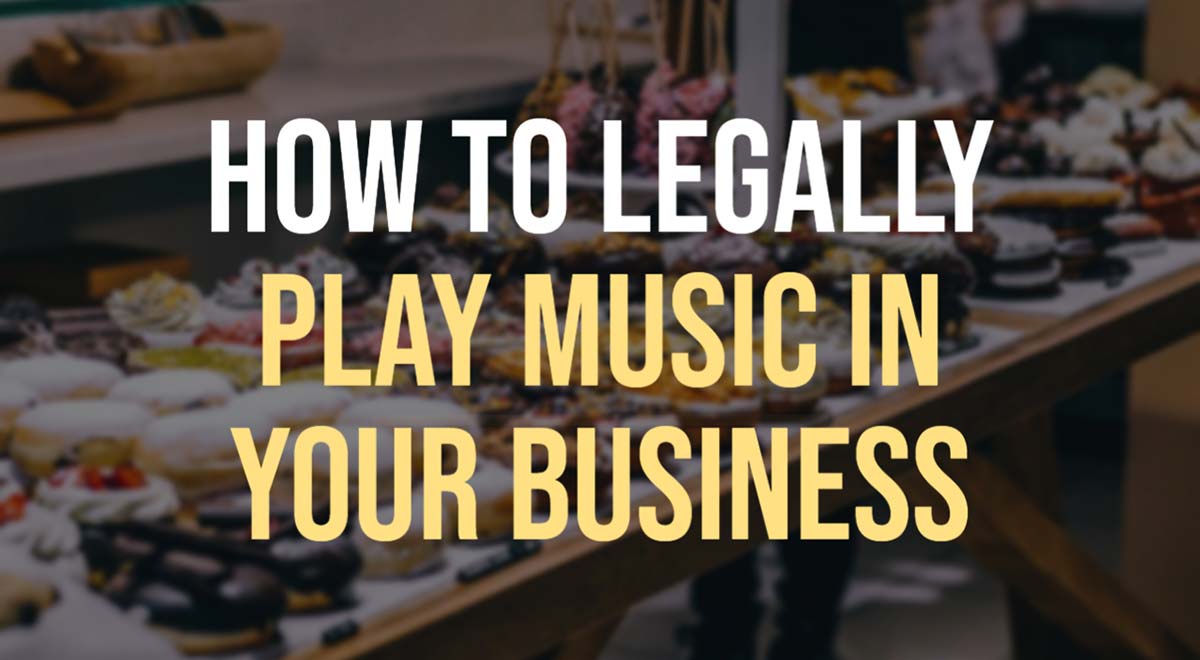
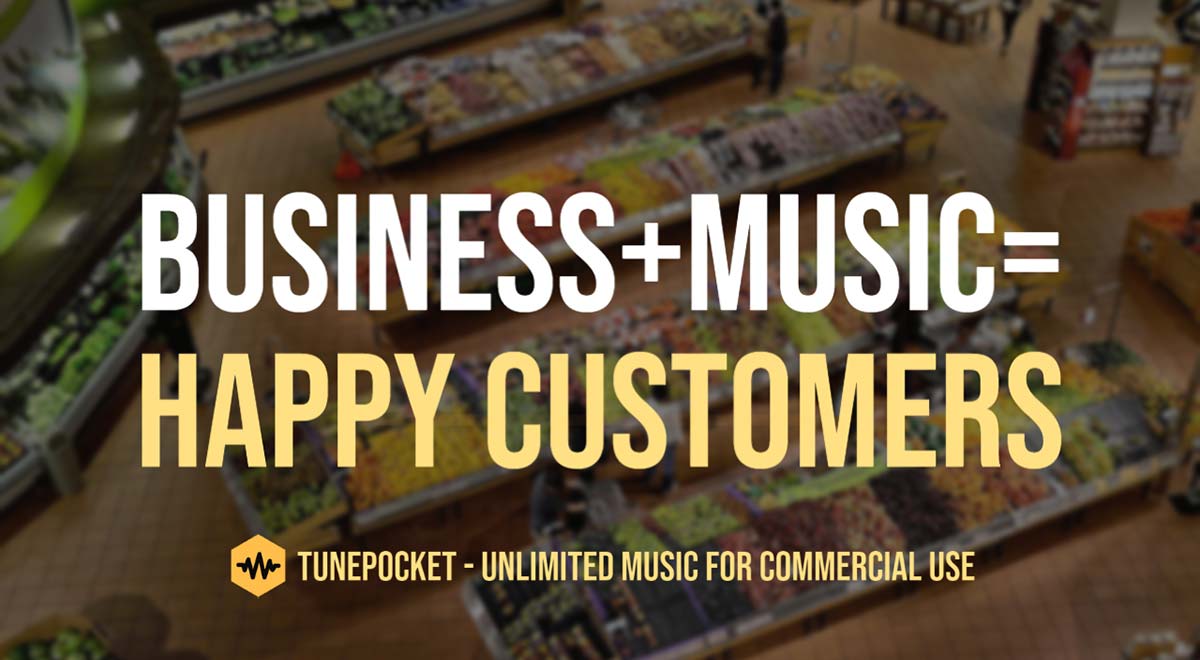
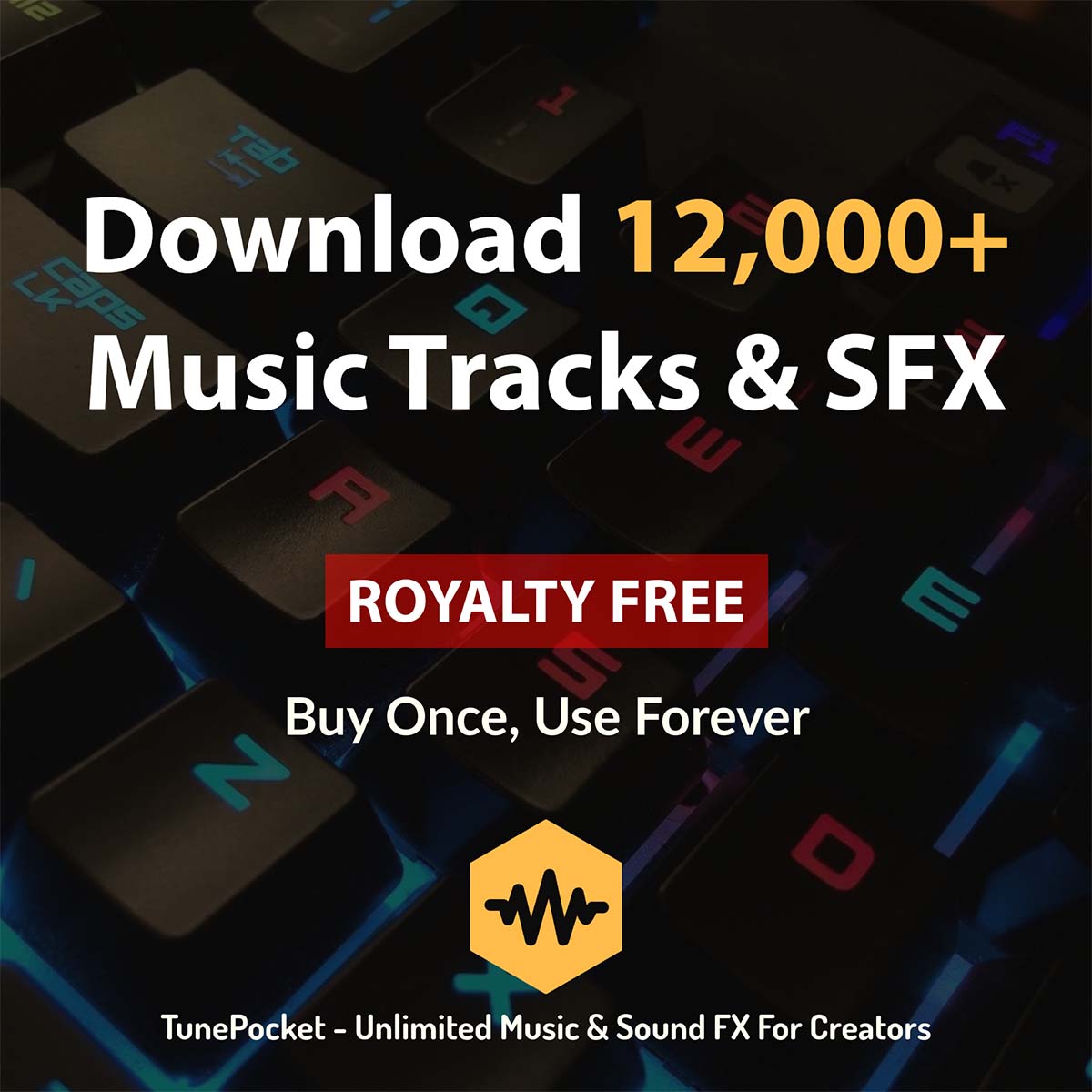
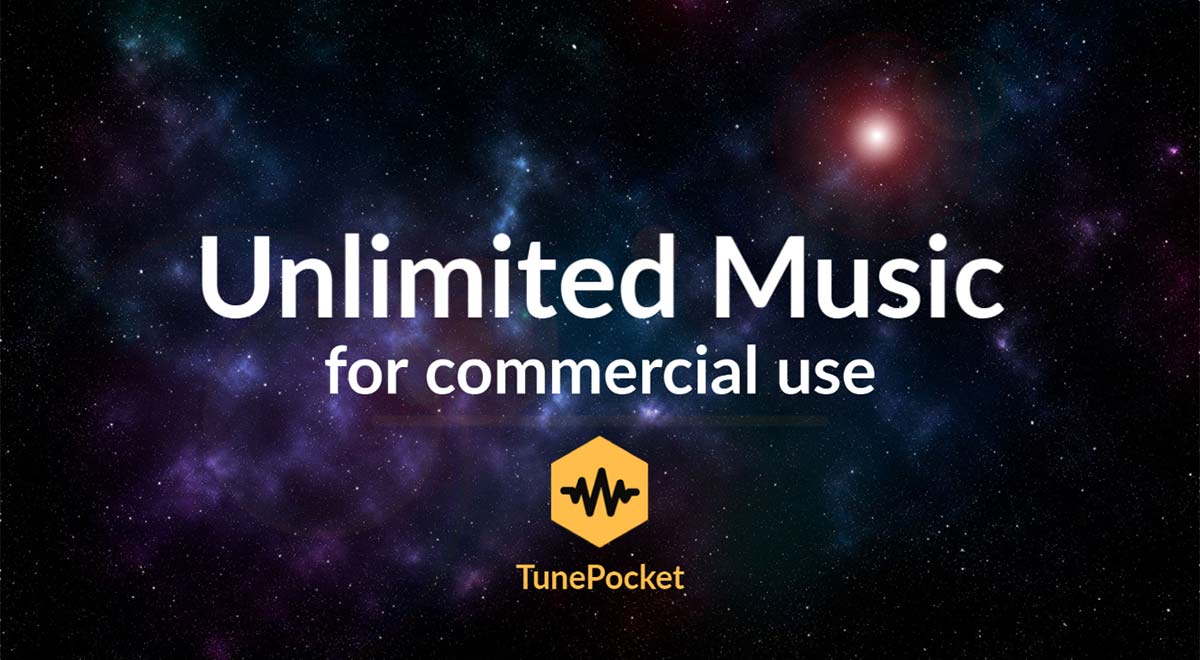

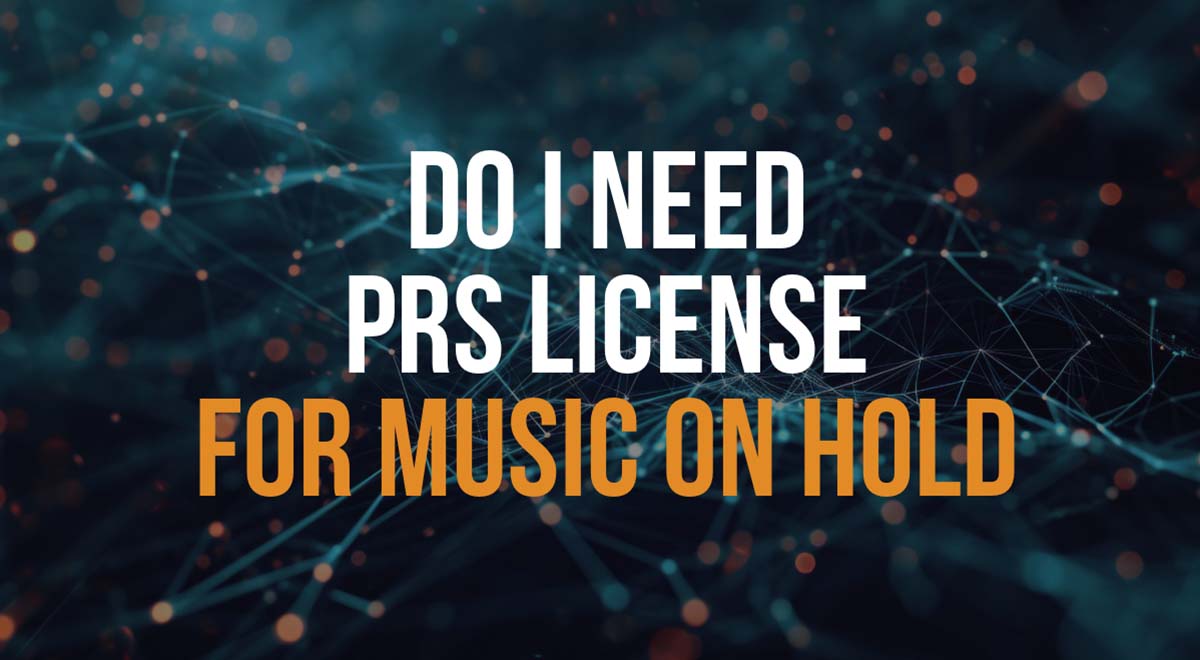
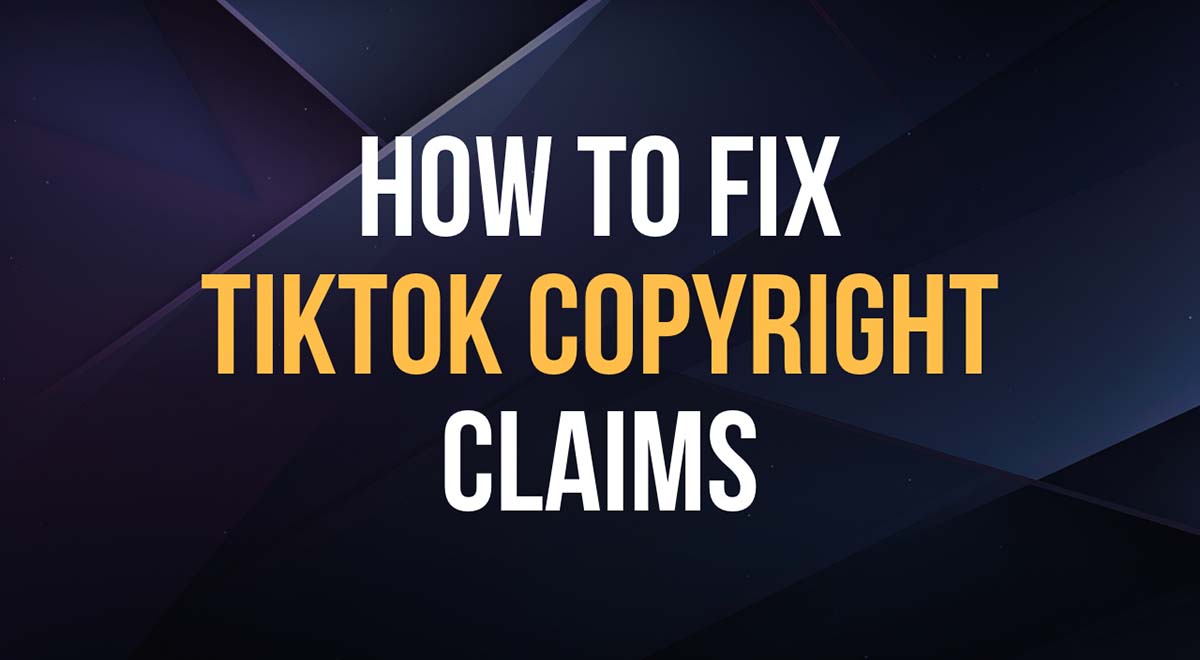
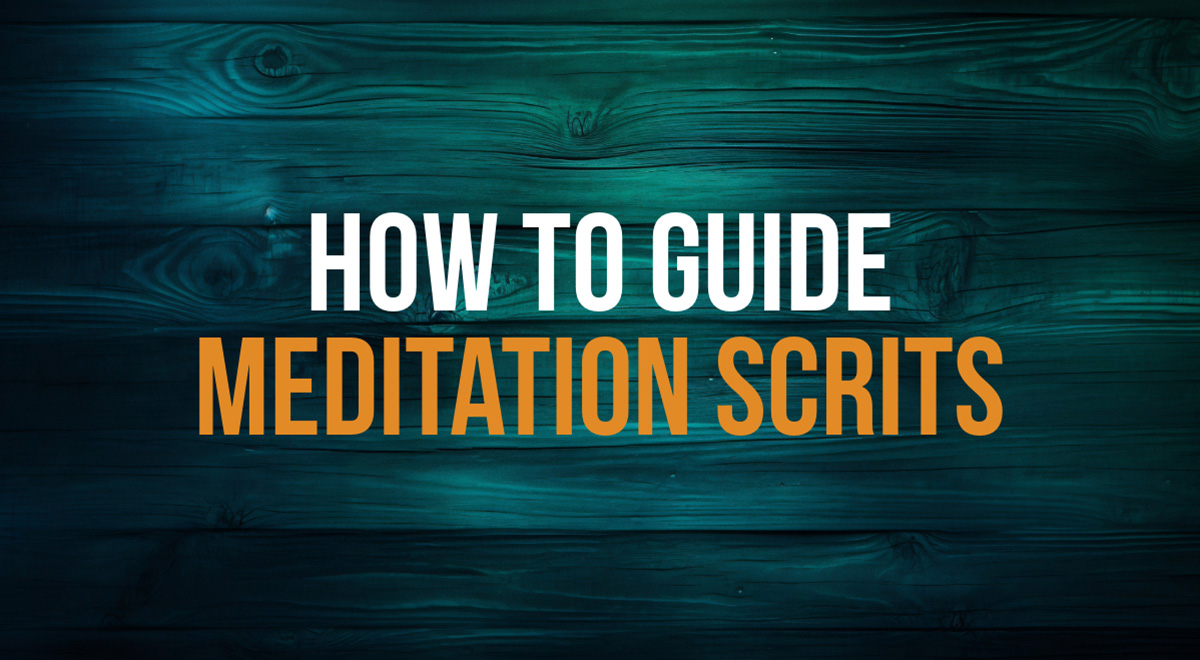
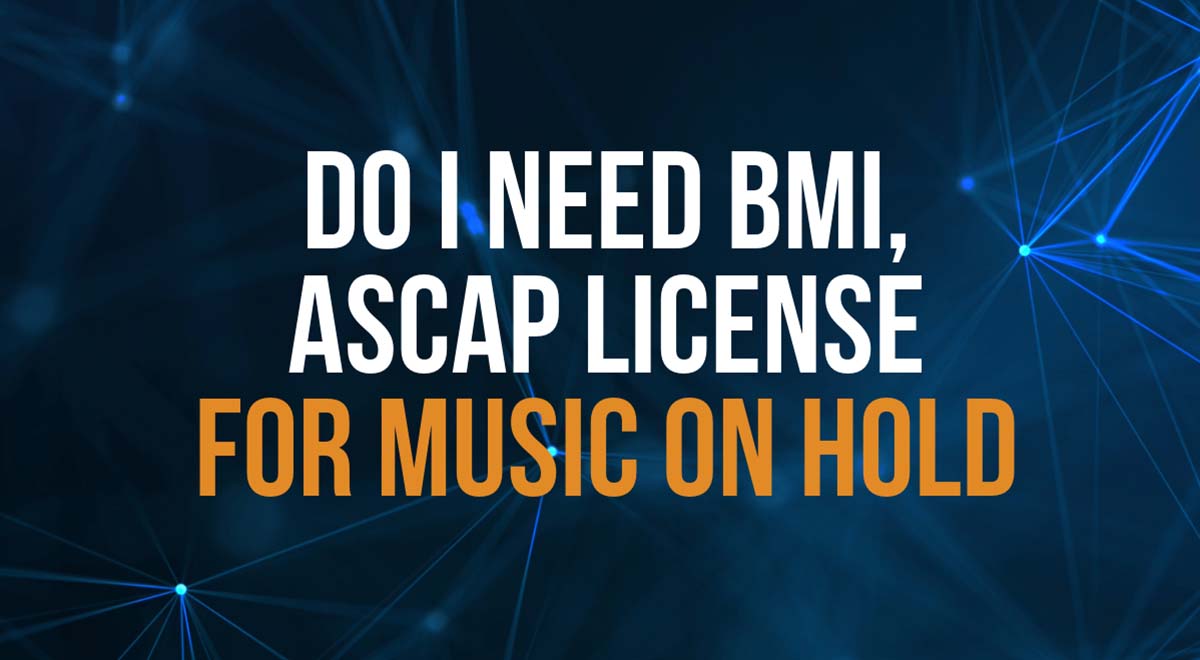
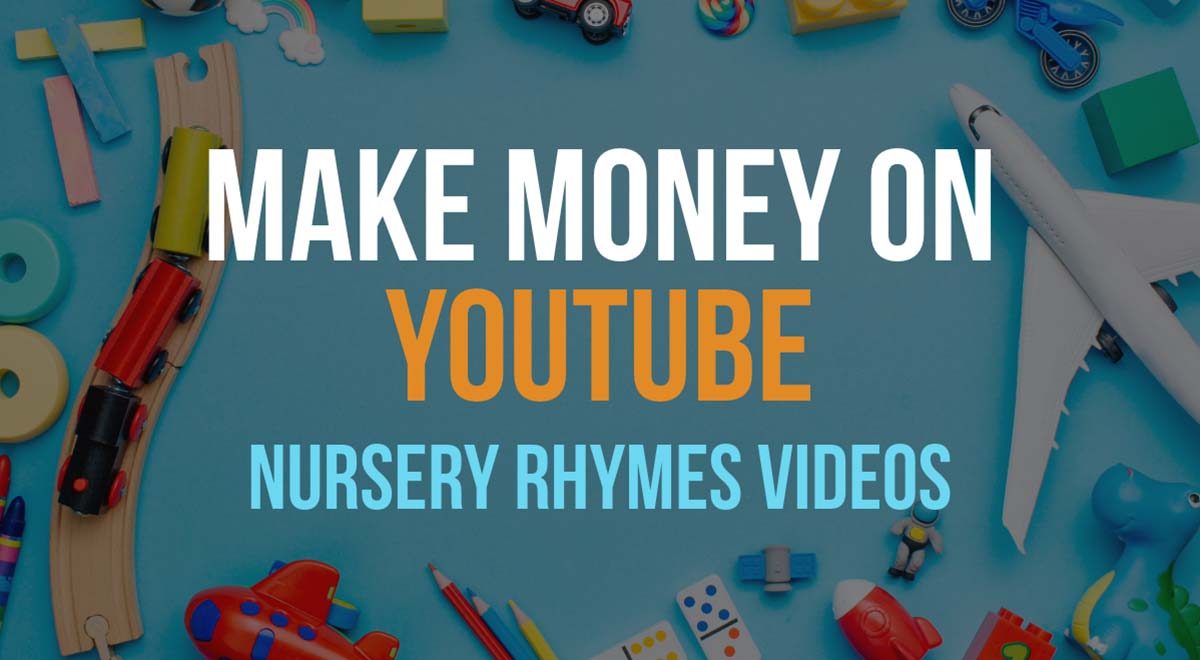

We need help getting our bar in compliance with a live DJ.
Hi Kevin,
Assuming the DJ will play commercial music (like top 40 or hits by well known artists) your best option is to get in touch with a PRO in your country and negotiate the performance license. They will give you the quote depending on the size of your bar and other details. However, if you’re rather looking for general background music for ambience we can certainly help.
Hi Natasha and thank you for your comment.
Typically, consumer music services like Amazon, Apple, or Spotify do not cover any business related use or any use that goes beyond listening to the purchased music for your own personal enjoyment. When you play music during a class to a group of people, that in most cases would be considered public broadcast and may require completely different licensing depending on the actual music you play, especially if you charge the participants to attend the class.
Don’t hesitate to reach out to support if you need help finding the music for your classes. Hope this helps!
Hi,
I am in the UK, I wondered if I have the correct music licence in place and I pay to individually download songs/albums say from Amazon Music (so in effect like when you would buy a CD in store) can I then play this in classes that I will be holding as I have paid to download the music and have paid for a music licence or can I only use the likes of a streaming service for businesses?
Thankyou